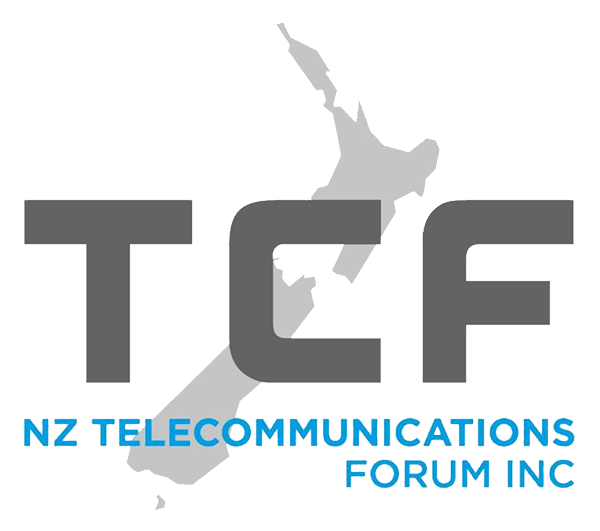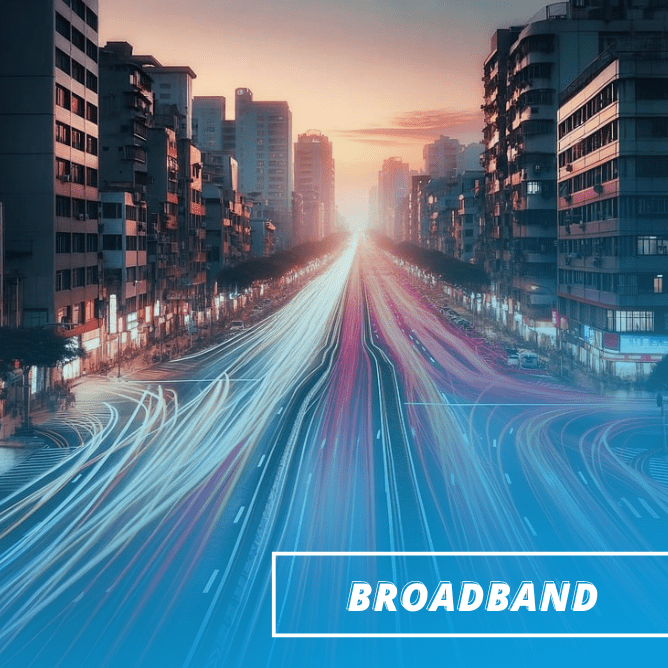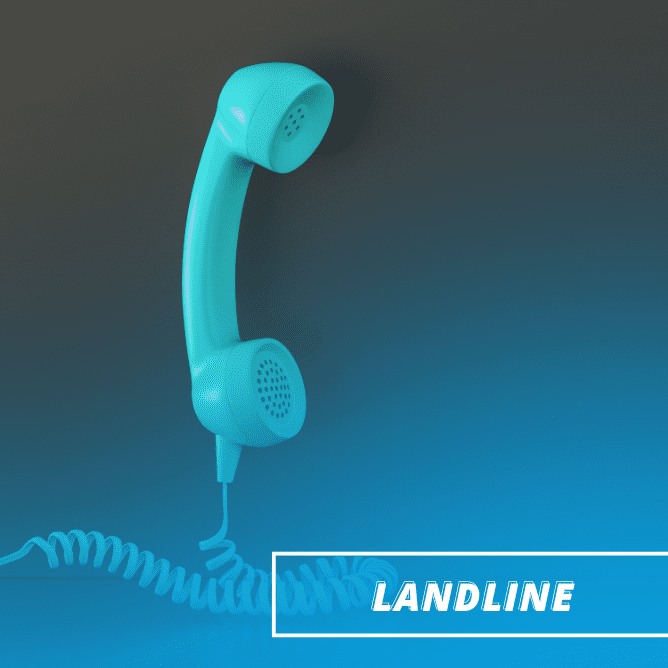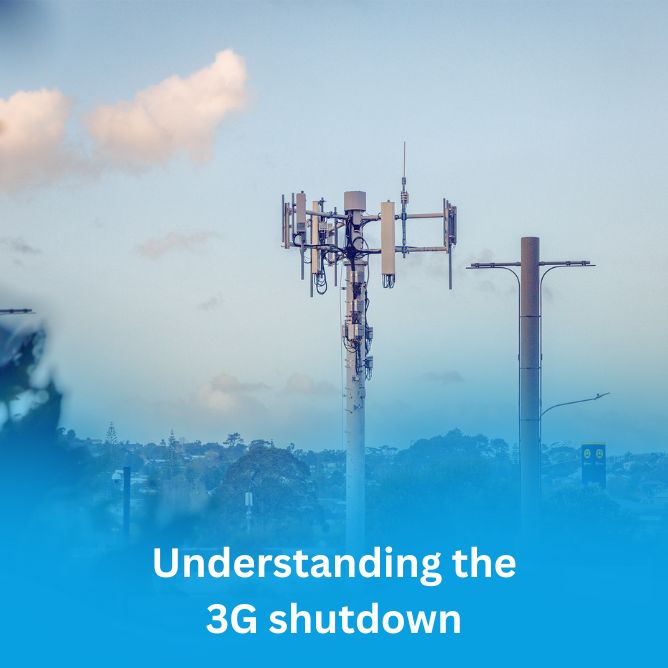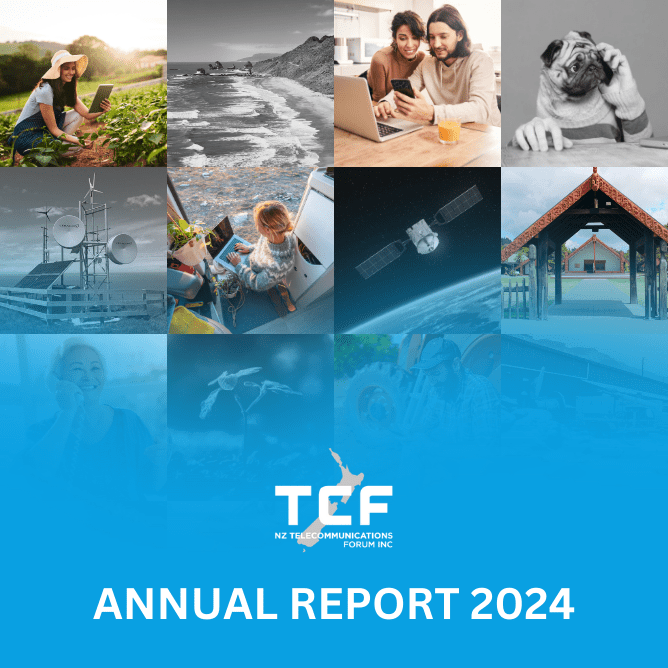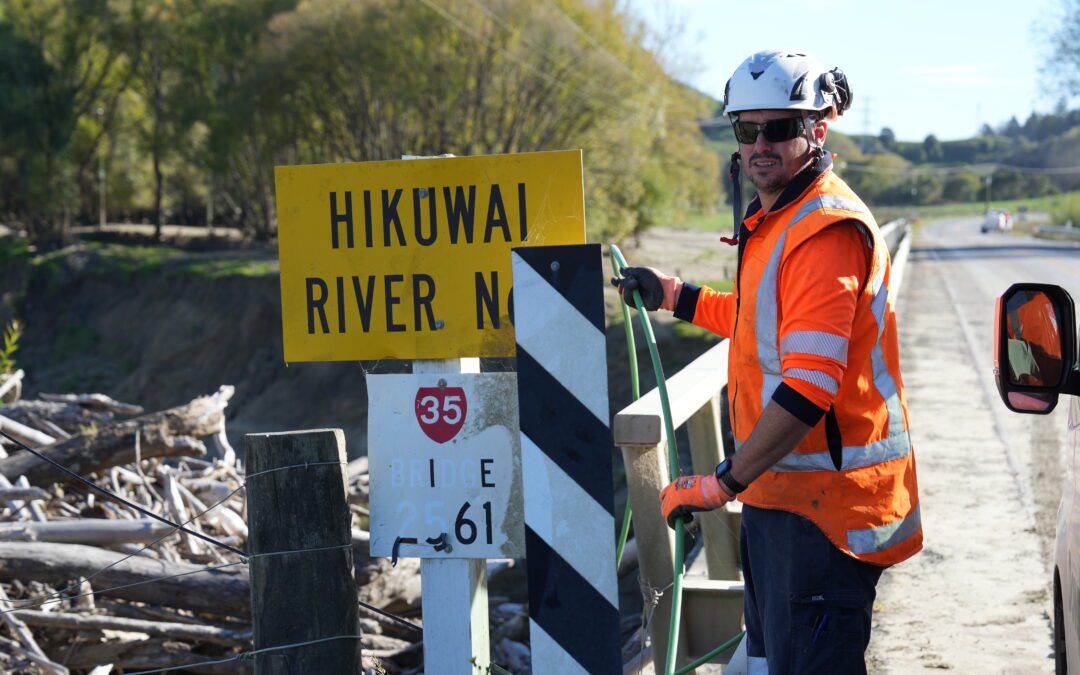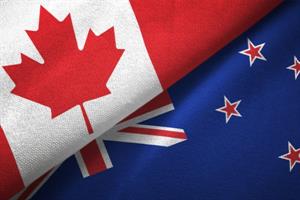From 1 January 2022, Chorus, Enable Networks, Northpower and UltraFast Fibre will be subject to new forms of regulation under the Telecommunications Act. The Commission’s paper details its proposed high-level approach and process to determining the information disclosure and price-quality regulations these companies will be subject to.
“The purpose of this paper is to set out our early thinking on how we approach the major aspects the new regulations will cover. This includes the type of information providers should publicly disclose and how we would set the amount of revenue Chorus can recover and the quality standards it must meet,” says Telecommunications Commissioner Tristan Gilbertson.
The price-quality and information disclosure regulations will give effect to and build on the input methodologies for fibre services, such as how the Commission must calculate the cost of capital. To date, the Commission has been consulting on these input methodologies which are due to be finalised late 2020.
“We recognise that this form of regulation is familiar to New Zealand’s gas pipeline and electricity lines companies but is new for telecommunications services,” Mr Gilbertson says.
“We want to hear as many views as we can, particularly from the wider telecommunications sector and consumer groups, to help shape our approach and processes from the beginning and inform how this regime will evolve over time.”
A copy of the paper can be found on the Commission’s website.
Submissions close on 14 October 2020.
Background
The Government’s Ultra-Fast Broadband initiative originally aimed to provide fibre-to-the-premises to 75% of New Zealand’s population by 2020. The program was expanded twice in 2017, and now aims to achieve fibre-to-the-premises to 87% of the population (including 1% private fibre) by 2022. Rural areas of New Zealand are covered by the separate Rural Broadband Initiative. These new fibre networks will provide faster and more reliable voice and broadband internet services to end-users.
The Government’s Crown Infrastructure Partners contracted with four companies to build these fibre networks: Chorus, and three local fibre companies (LFCs) – Northpower Fibre, Ultrafast Fibre and Enable Networks.
Under the new regulatory regime in Part 6 of the Telecommunications Act 2001, the Commission will set the maximum revenue that Chorus can earn from their customers and the minimum quality standards it must meet. This is referred to as price-quality regulation. Additionally, all four fibre network providers will be required to publicly disclose information on their performance, such as on their profitability, revenue, and capital expenditure. This is referred to as information disclosure regulation and is intended to shed a light on their performance for stakeholders and consumers.
The regime first requires the Commission to determine ‘input methodologies’. These will set out the rules, requirements and processes for how the price-quality and information disclosure regulation will apply to the fibre network providers. Final decisions on the input methodologies (excluding the financial loss asset) will be published on 13 October 2020. The final decisions on the financial loss asset will be published 3 November 2020.
This new regime is similar to how the Commission regulates energy networks and airports under Part 4 of the Commerce Act.
